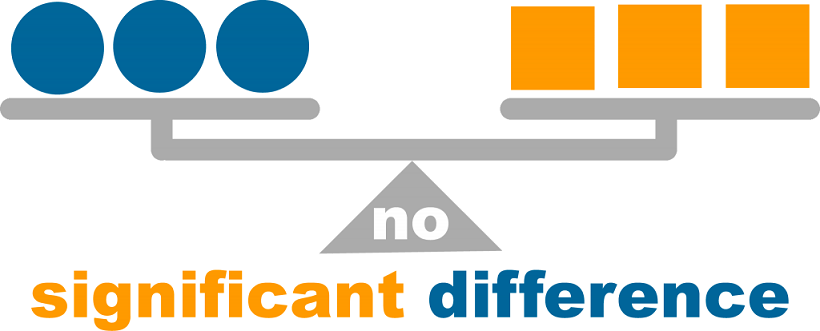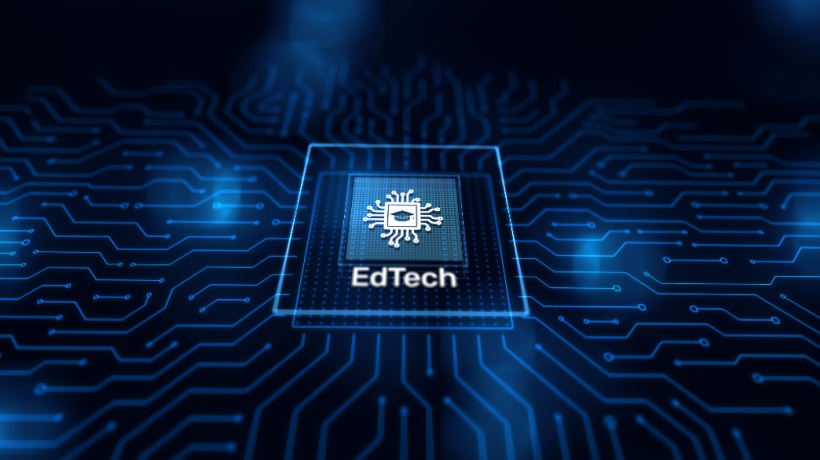Combining EdTech With Learning Science: A Methodology-First Approach
Today, a common misconception persists: that technological advancements alone define the future of learning. Indeed, the EdTech sector has witnessed explosive growth and attracted significant investment, with innovations like AI-powered platforms, Virtual Reality classrooms, and adaptive learning systems promising to revolutionize how we teach and learn. However, while technology is undoubtedly a powerful enabler, the true revolution and sustainable impact in EdTech stem from a deeper understanding and application of learning methodologies and pedagogical principles, firmly rooted in the science of learning. This shift prioritizes effective learning over mere technological novelty, advocating for a future where how we learn is as crucial as the tools we use.
The Allure And Limitations Of Technology In EdTech
The allure of new technology in education is undeniable. Each new tool, from interactive whiteboards to sophisticated AI tutors, arrives with a wave of excitement and promises of unprecedented efficiency and engagement. This often leads to a technology-first approach, where the focus is on acquiring the latest gadgets and software, often without a clear understanding of how they will genuinely enhance learning. This phenomenon, often referred to as the "EdTech hype cycle," can lead to significant investments in technologies that ultimately fail to deliver on their promises.
The evidence for the effectiveness of technology-only approaches is mixed at best. Numerous studies have shown that simply introducing new technology into the classroom without a corresponding shift in pedagogy does not lead to improved learning outcomes. In some cases, it can even be detrimental, creating distractions and increasing cognitive load on students. For instance, a school district might invest heavily in tablets for every student, only to find that they are used as expensive digital textbooks, with no real change in teaching methods. The result is a costly and ineffective implementation that fails to leverage the true potential of the technology.
The Rise Of Learning Science In EdTech
In response to the limitations of a technology-centric approach, a new paradigm is emerging, one that places learning science at the heart of EdTech. Learning science is an interdisciplinary field that draws on cognitive science, psychology, neuroscience, and education to understand how people learn. It provides a robust evidence base for designing effective learning experiences, moving beyond anecdotal evidence and marketing claims to a more empirical and data-driven approach.
At the core of learning science are several key principles that have been shown to significantly enhance learning and retention. These include:
- Spaced repetition
The principle that learning is more effective when study sessions are spaced out over time, rather than crammed into a single session. - Retrieval practice
The act of actively recalling information from memory strengthens neural pathways and improves long-term retention. - Cognitive load theory
The idea that our working memory has a limited capacity, and that instructional materials should be designed to minimize extraneous cognitive load, allowing students to focus on the learning task itself.
Several forward-thinking EdTech companies have already begun to embrace a learning science-first approach. Duolingo, the popular language-learning app, incorporates spaced repetition and retrieval practice into its core design. Khan Academy, a non-profit educational organization, has long been a proponent of mastery learning, a concept deeply rooted in learning science. These companies demonstrate that when technology is guided by a deep understanding of how people learn, the results can be truly transformative.
Methodology-First Design: The New Paradigm In EdTech
The most innovative EdTech companies are now adopting a "methodology-first" design philosophy. This means that they start with a clear understanding of the desired learning outcomes and then design the technology to support those outcomes, rather than the other way around. This approach is often informed by design thinking, a user-centered design process that prioritizes empathy, ideation, and experimentation.
Adaptive learning systems are a prime example of how methodology can inform technology. While early adaptive learning platforms relied on simple algorithms to adjust the difficulty of questions, modern systems are increasingly incorporating principles of learning science to create truly personalized learning paths. These systems can identify a student's knowledge gaps, provide targeted feedback, and deliver content in a way that is optimized for their individual learning needs.
One compelling case study is the work of Knewton, a company that has developed an adaptive learning platform that is used by a wide range of educational institutions. Knewton's platform uses a sophisticated algorithm to analyze student performance data and create a personalized learning path for each student. The platform has been shown to significantly improve learning outcomes, with some studies showing that it can help students learn twice as fast as traditional methods.
The Future Of EdTech: Where Methodology Meets Technology
The future of EdTech lies in the symbiotic relationship between methodology and technology. As our understanding of learning science continues to grow, we will see the development of even more sophisticated and effective EdTech tools. We are already seeing the emergence of new trends that prioritize learning science, such as microlearning platforms that deliver content in short, bite-sized chunks, and apps that are specifically designed to facilitate spaced repetition and retrieval practice.
This shift is also being reflected in investment trends. While early EdTech investors were often focused on the novelty of the technology, there is now a growing recognition that evidence-based solutions are more likely to be successful in the long run. As a result, we are seeing a shift in funding toward companies that can demonstrate a clear impact on learning outcomes.
Over the next 5–10 years, we can expect to see a continued convergence of learning science and EdTech. We will see the development of more personalized and adaptive learning platforms, as well as new tools that are designed to support a wider range of learning modalities. The role of the teacher will also evolve, with educators becoming more like learning designers, curating and creating personalized learning experiences for their students.
Conclusion
The EdTech revolution is not about the latest gadgets or the most sophisticated software. It is about a fundamental shift in how we think about learning. By placing learning science at the heart of EdTech, we can create a future where technology is not just a tool, but a powerful catalyst for human potential. The true revolution in education will come not from the technology we use, but from our understanding of how people learn.
References
- What's the Best Way to Tell If an Ed Tech Product Works? Science of Learning Can Help
- Applying the science of learning to EdTech evidence evaluations using the EdTech Evidence Evaluation Routine (EVER)
- Mertala, P. 2020. "'It is important at this point to make clear that this study is not "anti-iPad"': Ed-Tech speak around iPads in educational technology research." Learning, Media and Technology, 46(2), 230–242.










